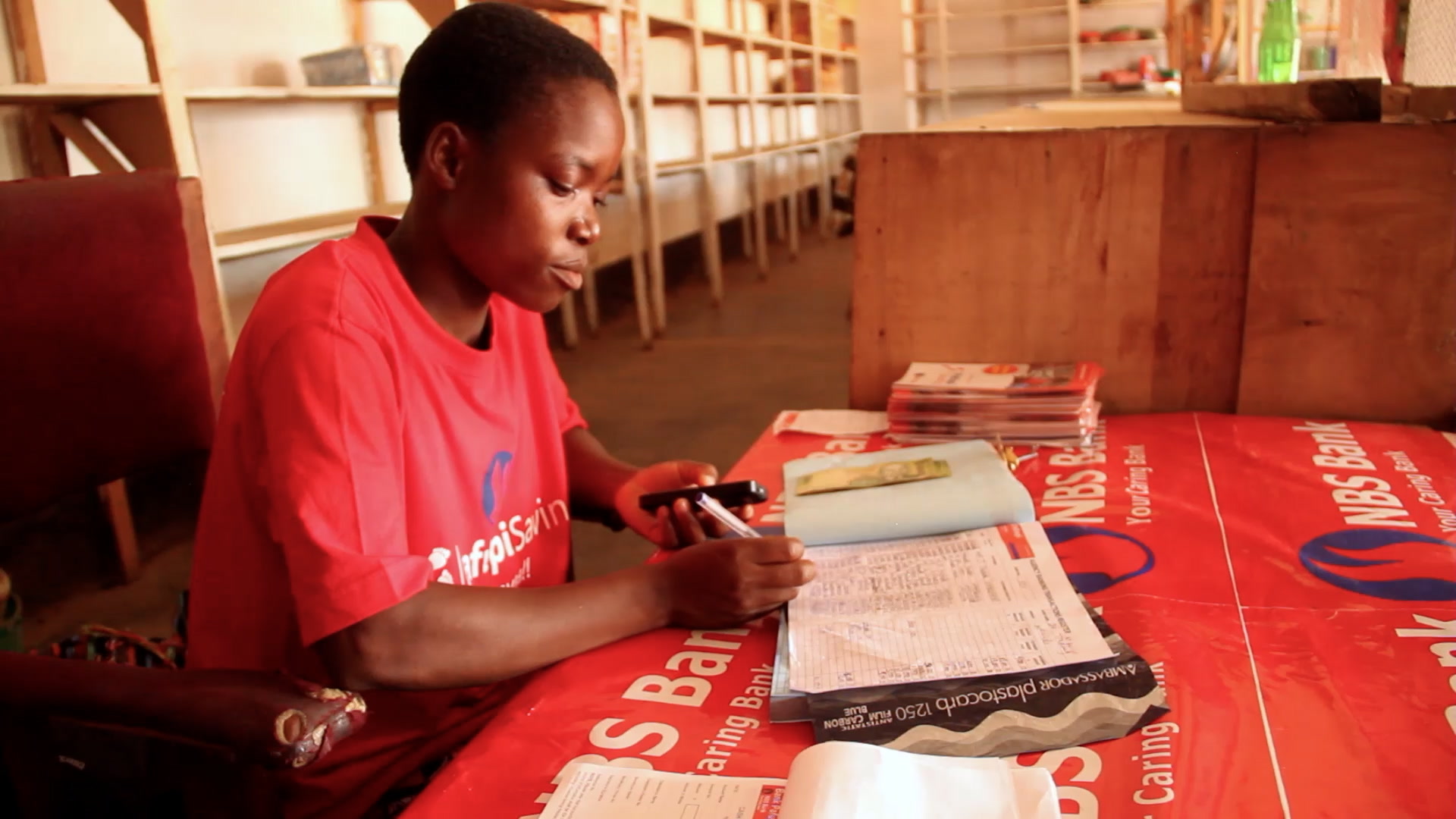Interview: Latin America’s three supercycles


Get involved with our crowdsourced digital platform to deliver impact at scale
Stay up to date:
Banking and Capital Markets
All eyes are on Latin America for the World Cup – a celebration not just of sport, but also of the progress that much of the region has enjoyed in the past decade. The years ahead, however, will prove more challenging, cautions Moisés Naím, Senior Associate at the Carnegie Endowment for International Peace in Washington DC.
In the above video, filmed at the 2014 World Economic Forum on Latin America, Moisés Naím says the region’s 34 nations are facing the end of three important cycles – or supercycles – that have helped drive economic growth and fight poverty.
The first supercycle is that of commodities prices:
During the 20th century, commodities prices went down half a percent per year on average. In the first decade of this century, prices of commodities doubled and that created a windfall for Latin American countries that are exporters of minerals and agricultural products, and they had plenty of financial space and fiscal space in which they could pursue their policies.
The second supercycle is the availability of abundant, low-cost finance in the region:
Latin America was able to access financial markets in very advantageous conditions that are no longer going to be there. And that’s the end of another source of financing that is going to stress and challenge the Latin American countries in the years to come.”
Populism is the third of these powerful supercycles.
Populism has always been there in Latin America. In fact you can argue that it was born there. What happened in the last decade is that a few governments entered into what I call ex-populism, that is extreme populism…pushing the boundaries of distributing what is not there, and getting the countries highly indebted. These are governments that have paid no respect to the laws of gravity that also exist in economics. Now many of these countries are seeing the consequences of a decade of extreme populism. So, I think that the supercycle of populism is also coming to an end.
In the decade to come, the diversity of the region could well be its strength; those countries facing the most difficult times can look to the successes of their neighbours, recognize their strengths and seek to emulate them.
What is very important is that investors and policy-makers and observers recognize that Latin America is not a country. Latin America is 34 very different countries that include some very, very troubled countries like Haiti, Venezuela and Argentina, and some success stories like Chile, like Columbia, that in fact are models for the rest of the world.
The coming decade or so for Latin America is going to be more challenging than the last decade. What is important is for everyone to understand in this variety is there are both countries that are untouchable in terms of investments, and other countries that are models of what to do and ought to be admired and recognised as the success stories that they are.
Don't miss any update on this topic
Create a free account and access your personalized content collection with our latest publications and analyses.
License and Republishing
World Economic Forum articles may be republished in accordance with the Creative Commons Attribution-NonCommercial-NoDerivatives 4.0 International Public License, and in accordance with our Terms of Use.
The views expressed in this article are those of the author alone and not the World Economic Forum.
Related topics:
The Agenda Weekly
A weekly update of the most important issues driving the global agenda
You can unsubscribe at any time using the link in our emails. For more details, review our privacy policy.
More on Banking and Capital MarketsSee all
Efrem Garlando
April 16, 2024
John Hope Bryant
April 11, 2024
Alexandre Raffoul and Kai Keller
April 10, 2024
Alex Edmans
April 4, 2024
Victoria Masterson
March 28, 2024






